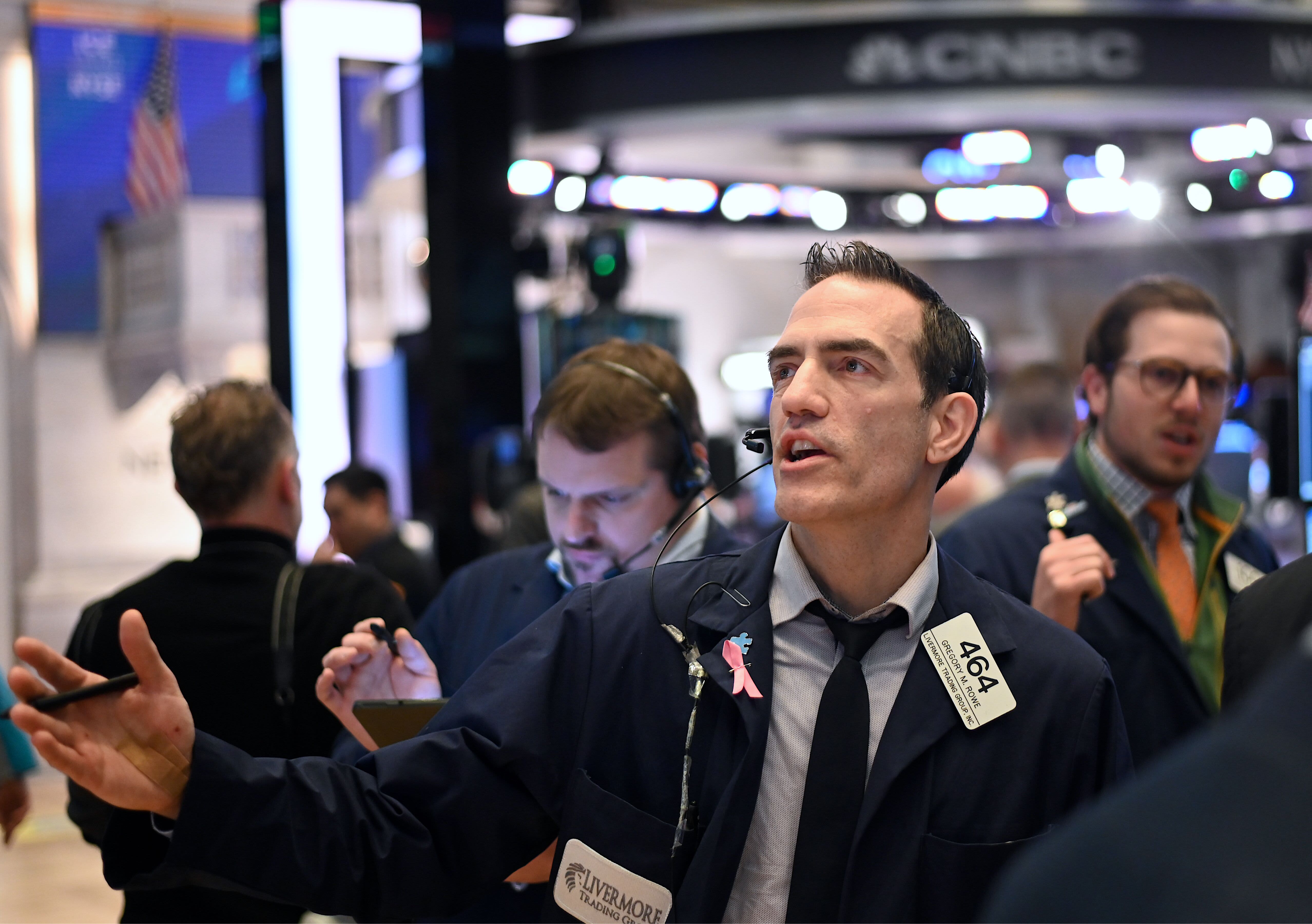Traders work during the opening bell at the New York Stock Exchange (NYSE) on March 16, 2020 at Wall Street in New York City.
Johannes Eisele | AFP | Getty Images
Hedge fund manager Ricky Sandler told CNBC on Monday that he’s buying equities because the stock market’s reaction to the coronavirus has been too extreme.
“I think the people are totally missing what is happening here. Every new headline, every new hysteria is making people more nervous and it’s actually very, very positive,” the CEO of Eminence Capital said on “Halftime Report.” “It’s all helping to contain the problem.”
Sandler said he was operating from the assumption that economic activity would be severely curtailed for “two to three months,” due largely to the social distancing efforts put in place such as mandatory work from home policies, as well as school and restaurant closures.
While this will undoubtedly create an economic shock, the stock market reaction has gone completely too far, Sandler argued.
Sandler said even if U.S. GDP falls by 10% in the second quarter, which is a more dire forecast than the 5% prediction from Goldman Sachs, it equates to a loss of around $500 billion.
“We have lost $10 trillion in market cap” due to the market’s steep declines its February highs, he said. “It is so far out of proportion I don’t even want to talk about the numbers.”
And with the government likely to provide fiscal relief measures to cushion some of the economic consequences, Sandler said the opportunities to buy stocks are there.
In particular, Sandler said a promise of business interruption insurance from the government would reduce worry, both from business managers who are concerned about their companies’ fate and workers who are concerned about their next paycheck.
“And then everybody gets back to planning for the second half, and then we’re off to the races,” he said.
Sandler said he has looked to buy strong companies that have fallen dramatically in recent weeks, such as Marriott, Live Nation and U.S. Foods, which delivers food to restaurants and schools.
“I get the near-term drop. Its stock is down 60%,” he said of U.S. Foods. “This is one of the most stable businesses in the world.”
